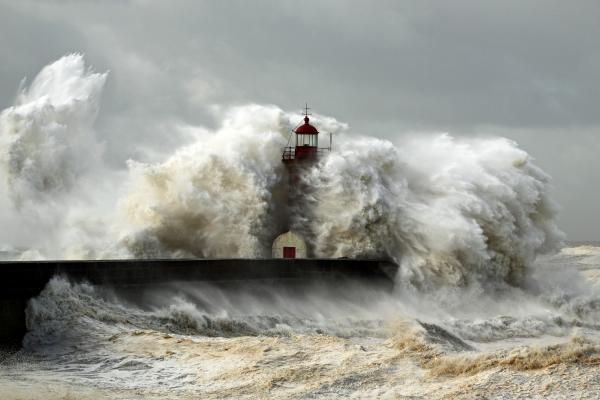Apr 28, 2016
I’m a Christian, but I’m not a natural evangelizer. Talking about my faith has never come easily to me, and I prefer to quietly live my beliefs rather than speak about them. Even as a legislative advocate for the Episcopal Church, I am more at ease discussing policy ramifications than quoting scripture. Still, one urgent policy issue in particular has forced me to reconsider my distaste for religious language and challenged me to voice my faith. Galvanized by the urgency of this challenge, I’m ready to evangelize — about climate change.
Read the Full Article

Already a subscriber? Login
